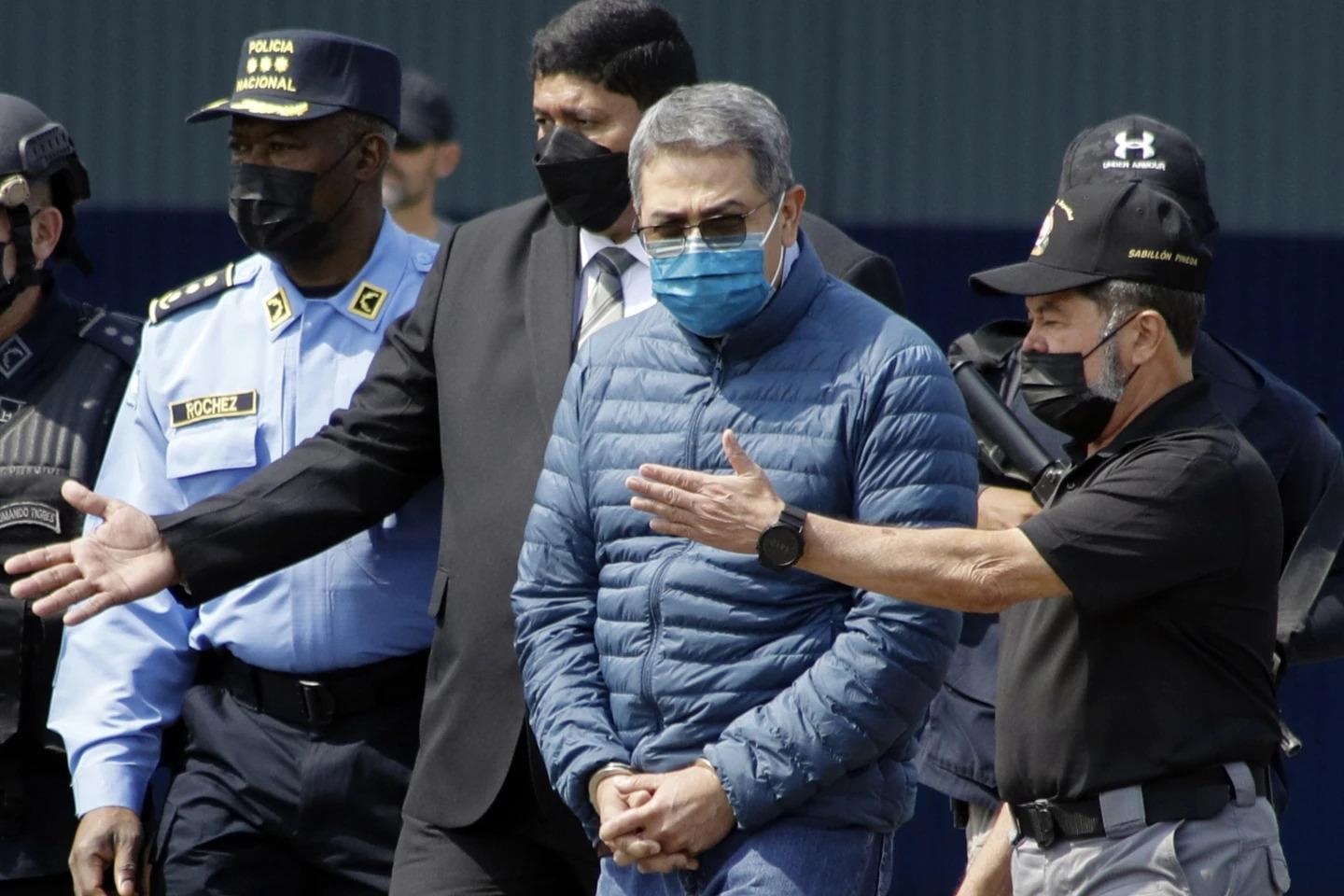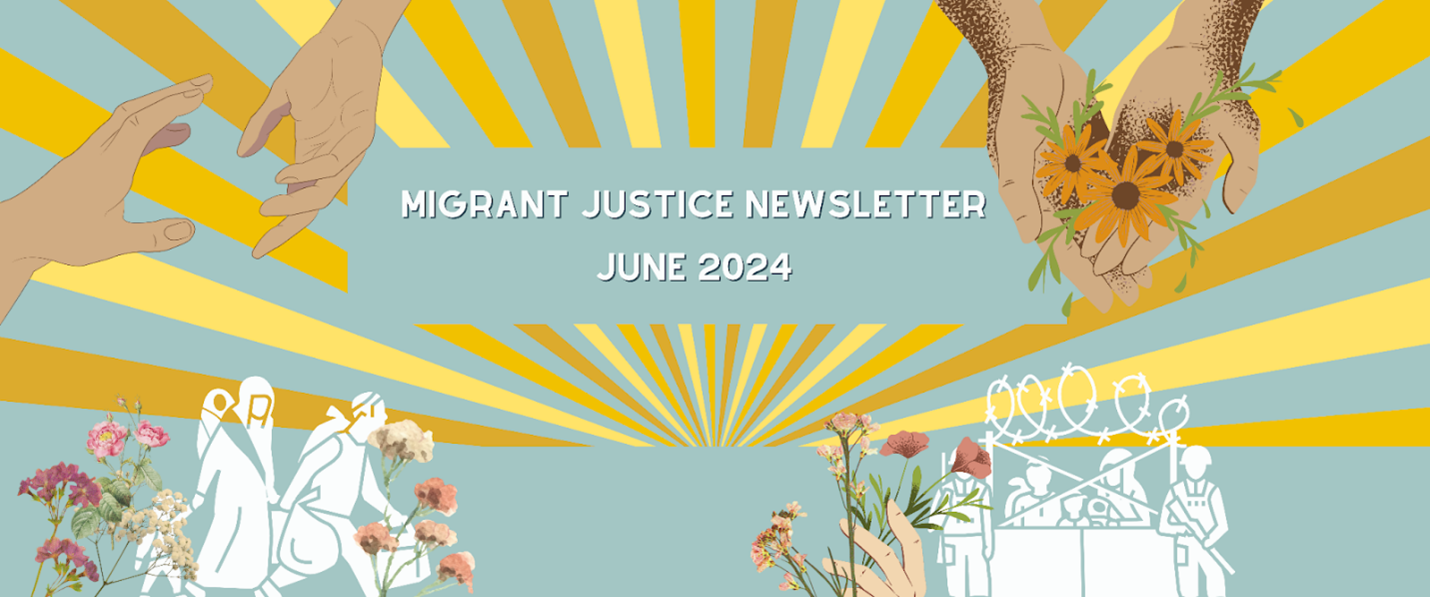Former Honduran President Juan Orlando Hernández was sentenced to 45 years in a U.S. prison and fined $8 million for conspiring with drug traffickers to facilitate the shipment of over 400 tons of cocaine to the United States over more than a decade. The sentencing, delivered by Judge P. Kevin Castel in Manhattan federal court, emphasized the gravity of corruption in power. Despite Hernández's claims of innocence and portrayals as an anti-drug crusader, the court found substantial evidence of his involvement in protecting drug trafficking interests using Honduran police and military resources. The case has significant implications both for U.S.-Honduran relations and the fight against drug trafficking in the region.
- Home
- About Us
- Issues
- Countries
- Rapid Response Network
- Young Adults
- Get Involved
- Calendar
- Donate
- Blog



